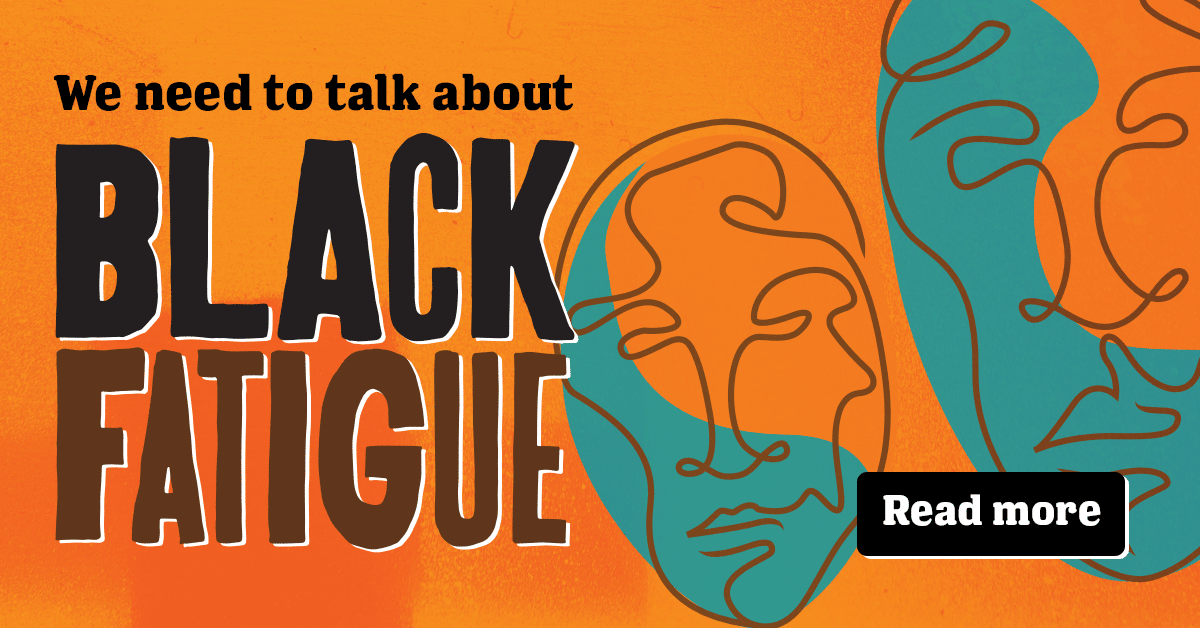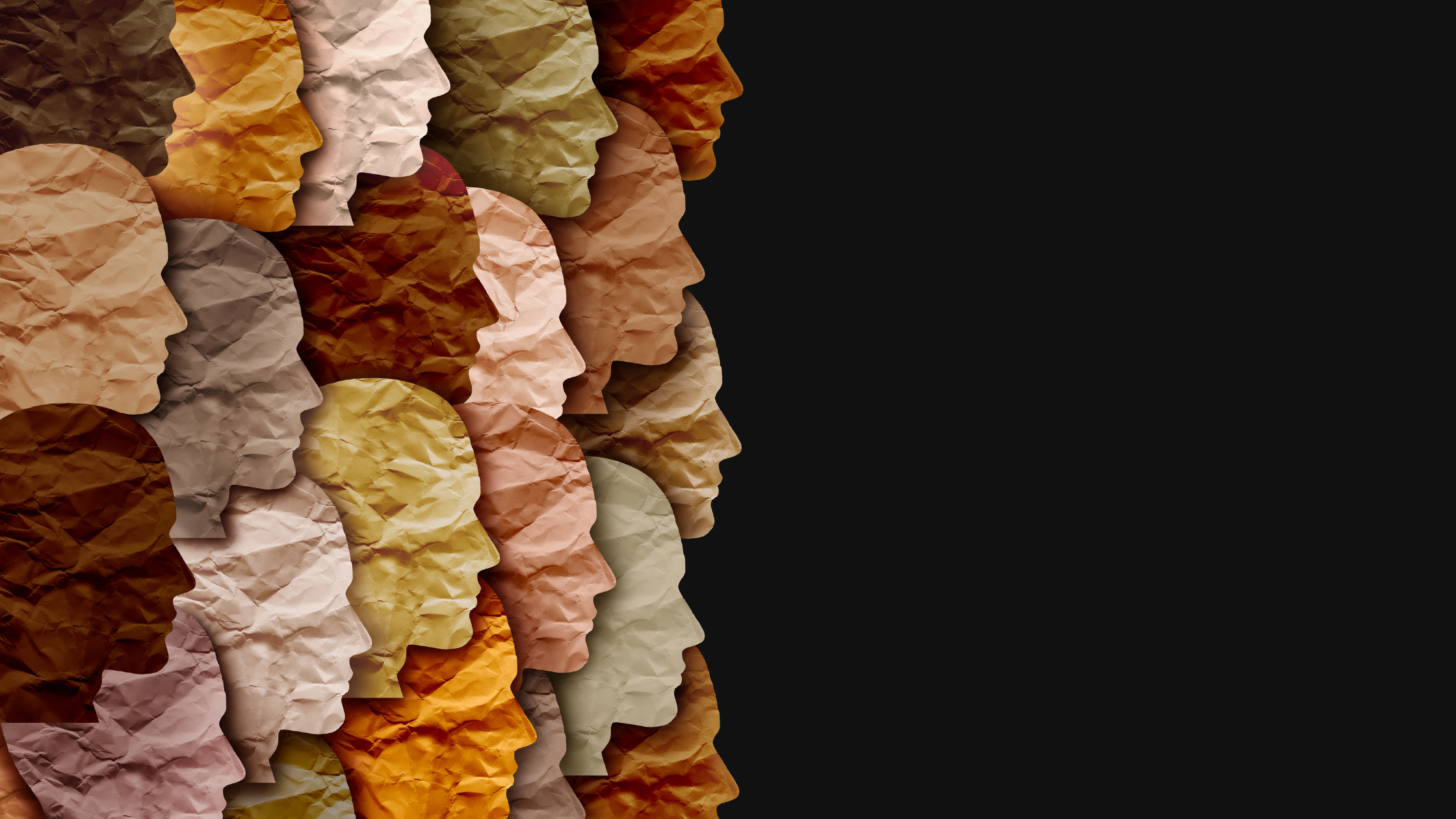As DEI professionals, the increase in demand has created both an opportunity and a danger for our profession.
The national re-awakening to systemic racism and oppression has led to an increase of work for professionals in diversity, equity, inclusion (DEI) – quite the about-face from when Covid-19 first exploded on our shores, which initially led to a downturn in work and the downgrading of DEI work in organizations.
With such an increased demand, the path forward has both dangers and opportunities for DEI professionals. Together, we can move from sabotaging our efforts to embracing a coordinated way of doing this work that serves us all.
The Dangers
Right now, you are not alone if you feel that there’s too much work to catch. Many DEI firms are scrambling to find consultants to bring under our shingles, or we're committing to working without thinking whether we would be the best fit for the organization.
This is seriously problematic because our profession already has issues with its reputation. The forces of unconscious bias and White fragility conspire against us, leading to a steady stream of resistance-laden articles and books with some variation of the headline, "Do diversity trainings work?"
There are too may DEI firms that believe they can be all things to all people. I understand how 20 years ago, when most of us were small mom-and-pop shops, it made sense to say that the principles of DEI were the same across industries, and therefore, you could work in any industry. And that may still ring true, but the devil is in the details.
For example, I am finding great joy working with public media because I have spent some time there. I understand the nuances of applying diversity, equity, and inclusion (DEI) to editorial coverage or content creation. I am not speaking to large, corporate media companies about hiring. Similarly, another DEI firm I know has worked with many manufacturing companies and acknowledges that specific interventions – like eLearnings – don't work because employees don't have access to personal computers on the job.
But we must begin to specialize in the work we do, as individuals, and balance that with co-creating terms for the work we, as an industry, do.
Like the LGBTQ+ community, DEI struggles with deciding the definitions of acronyms. In my forthcoming book with Berrett-Koehler, I open with a story that highlights how ever-changing acronyms undermine our best efforts:
My husband is a firefighter, which means he has no shortage of hilarious, poignant, and troubling stories about how the resistance to diversity and inclusion manifests in workplaces, particularly among people who are not open to change. One of my favorites of his stories is about three captains who went to a diversity and inclusion conference out of state. During one presentation, a speaker mentioned LGBTQ+.
“What does the Q stand for?” one of the captains asked.
“Queer,” the speaker responded.
“Are you kidding me?” the captain responded. “Ten years ago, I literally got called onto the carpet by a supervisor for using that term.”
I suspect, and sincerely hope, the speaker then tried to explain the evolving use of the term and how it has been reclaimed by LGBTQ+ advocates.
However, it didn't land. When the captain returned to his firehouse, his entire takeaway from the three-day conference was, "Guys, we can say queer now."
This story makes me laugh with despair. I appreciate that language is always evolving, but if we keep moving the goalposts, some people are going to stop trying. We become Lucy snatching the football away every time Charlie Brown goes in for a kick. On the other hand, our job as DEI practitioners is to provide the history, context, and skills to strengthen our collective endurance and respectful curiosity about people's identities - and it can be a tough balancing act, but one that we're signing up for in our profession. As DEI practitioners, we need to be prepared to make tough decisions on how we want to be identified and how we communicate that to our clients.
In addition to building resistance, flooding the market with various acronyms – DEI, DEAI, DEIA, IDEA, IDEAS, and JEDI, to name a few – may unintentionally hinder all of our marketing efforts online. Potential clients can't keep up and, most importantly, they don't know what to search for on Google. Which means we are cannibalizing each others' search rankings. At the very least, this is not good marketing.
I realize that clearing this up is a complex request. I use DEI in the headline and body of this article because it is currently the best SEO keyword for our profession. Still, I feel passionately that accessibility should also be included, and so does Dr. Johnnetta Betsch Cole, the patron saint of all DEAI consultants and my mentor. I like IDEA, but it has poor search results. I love the sexiness of JEDI, but we lose accessibility. And IDEAS could work, but there are companies for which social justice would be a false promise, such as non-partisan institutions.
I’m not saying we can’t have conversations with our clients about which term best suits their organization. But it would help our collective efforts if we had some consistency in how we refer to our industry and profession.
Our industry and profession also need some quality control. With the increased demand, we need to invite and welcome new consultants and thought leaders to this space. Lately, I have spoken with several seasoned consultants who have said that when they speak to clients, they get the feedback, "You're talking about this in a completely different way than others we've spoken to." Nothing they are saying has deviated from known best practices, so what exactly is happening?
I am concerned that some consultants are falling under the false belief that their intelligence can carry them, not understanding how much inner work is involved in doing this day after day. I am concerned that they are not starting DEI efforts with leadership, and DEI remains the burden of lower-level or younger employees. I am concerned that the growing rhetoric around “it’s not the job of the oppressed to educate the oppressor” is making consultants resentful about the work they were hired to do, which is often educating the oppressor so that they can be, and do, better. And mostly, I am concerned that if we have a cadre of consultants unaware of the prerequisites and best practices of this work, we will then have a host of studies a year from now “proving” that “DEI trainings don’t work."
The Opportunities
In this moment of great disruption, we have an opportunity to shift the narrative and investment in this work, to make organizations small and large see and understand that we must steward diversity, equity, and inclusion the same way we steward safety and profitability. DEI is a core business function for the 21st century.
Moreover, we have the opportunity to truly change people’s lives. The work that is being done around anti-racism and pay equity today will improve not just an individual’s life, but their family’s wellbeing, and the outcomes for generations to come. As President Barack Obama recently said, “What we do echoes through the generations.”
We cannot afford to be anything less than strategic and coordinated when given such an awesome opportunity – and responsibility. And so, as Queen Bey sings, let’s get in formation.
Here are four steps we can take to protect, promote, and steward DEI as a profession and industry.
1. Pick a niche and area of specialization.
Every DEI firm and every DEI consultant needs to pick an industry, a service, or a topic in which you specialize. Maybe a few, but none of us should have the hubris to say we "do it all."
For example, I don’t think I’m the right person for revolutionary anti-racism work right now. And as an Indian American woman, I agree with Michele Kim that those of us who are allies to Black colleagues should be referring this work to Black-owned DEI firms. I often refer clients to IBIS Consulting Group for comprehensive assessments, Cook Ross for unconscious bias workshops, and Jennifer Brown Consulting for LGBTQ+ and allyship work. For my firm, Brevity & Wit, we specialize in bringing DEI to design, marketing, and communications, and we love working with journalists and media professionals. And given the book I am writing on designing for equity, I am particularly strong in delivering interactive keynotes for leadership teams that are committed to strategically scaling this work by designing an equitable organization.
By picking a niche, we do not limit ourselves as much as we think. In fact, if we become known for something, other consultants can then begin to refer that work to us, especially if they have also decided to specialize. And we develop economies of scale, where we not only increase revenues, but profit margins rooted in abundance rather than scarcity. We are not doing this through predatory competition, but rather through thoughtfully playing to our strengths and encouraging others to do the same.
2. Decide on an all-encompassing term for our profession.
I know this is asking a lot. After all, we love diversity!
But I think we can refer to our field with an inclusive, umbrella term that then allows us each to carve out our niche and approach more discreetly. The parallel is the design industry, which houses graphic design, Web design, architecture, experience design, animation, design thinking, and more sub-specialties. An annual survey of designers has 32 official categories for designers to choose from, with an option to add a field if you so desire.
Let’s make it easy for people to find us and refer to us, while also allowing us each to show our individual, authentic selves as clients get to know us better.
3. Create a clearinghouse.
There are a few consultants and firms I can point to for specific work. I treat referrals like matchmaking, trying to recommend the best consultant to fit the client's needs, which can be a time-consuming task.
We need a way of referring the work we catch that's not right for us in a thoughtful and efficient manner. I'm not talking about more Google shared spreadsheets, which are messy. Clearly, we're all busy right now, and there must be some efficiencies that we can find. A clearinghouse can incentivize us to create a referral system by allowing each referrer to collect a commission on a sale. It could also be a way for people to display allyship. If you're a White person with a big network and sales skills, use some of that influence to produce money for individuals or organizations that otherwise may not have access to those dollars.
4. Certify our profession.
And I don’t mean a diversity and inclusion certificate from a university that has not done any of its own work to diversity.
SHRM may suffice for those of us focusing on DEI in HR functions, but there are plenty of us working outside the HR department. And again, I’m not talking about the cognitive skills, but rather the emotional ones. The skills to know how a person’s race influences the message. The skills to know when a potential piece of work is a growth opportunity and when to refer out. The skills to know when to be direct and when to be diplomatic. The artistic talents of this work, not the science.
I feel the need to call on elders in the industry for this need for certification, noting that not everyone "experienced" is an elder. The inner work required to become an effective DEI practitioner cannot be objectively measured. We cannot create an objective online resource for this. But there’s no debating the critical importance of learning the emotional skillfulness of DEI. Without it, we will end up, as a field, like so many of our clients – full of knowledge, but with little wisdom.
When I entered the DEI field, early in middle-age, I found my calling. I am committed to doing this work, whether the field is flush with opportunities or not. And so, by bringing up these dangers and opportunities, I am seeking to offer my strengths to the field – strategic thinking, marketing, and a tendency for staying on the cutting edge.
But I know I do not have all the answers – nor should I. We need an inclusive process to organize, collaborate, steward our profession, protect the reputation of our profession, and promote the principles of inclusion, diversity, equity, accessibility, and social justice effectively in the world. In the everlasting words of a proverb from Africa – that continent from which we are all descended – if you want to go fast, go alone; if you want to go far, go together.
Let’s go together now, so that our work can go far.
Minal Bopaiah is the Founder & Principal of Brevity & Wit, a strategy + design firm committed to designing a more inclusive and equitable world. She is currently working on a book about designing for equity, due to be published by Berrett-Koehler in late 2021.



